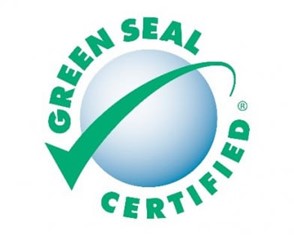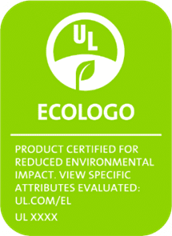The incidence of thyroid cancer is skyrocketing in the U.S. It’s growing faster than any other cancer.
Thyroid cancer rates have more than doubled in the U.S. since the late 90s. Between 1998 and 2017, the number of cases went from 6.7 per 100,000 people to 13.3, according to the National Institutes of Health. More than 50,000 Americans a year are diagnosed with it.[1] [2]
A study by Yale University researchers may reveal a primary cause of thyroid cancer. They found that exposure to common chemical cleaning products can double your odds of getting the disease.
Scientists examined data from 462 adults diagnosed with thyroid cancer and compared their chemical exposure to people without the disease.
They asked the participants to report their use of cleaning products.
Subjects were asked detailed questions about their jobs to determine if they were exposed to cleaning chemicals while working.
Using occupational chemical databases, the researchers calculated the participants’ potential exposure.
They found that exposure to chemicals called biocides was linked to a 65% higher risk of thyroid cancer. Risk more than doubled (218%) for people whose jobs required them work with these chemicals.[3]
Biocides are chemicals commonly used in sanitizers, disinfectants, sterilizers, deodorizers, and other cleaning products. Just about everybody has at least some products in their home that contain biocides.
Women are three times more likely than men to get thyroid cancer. And, often, they are the ones who use these cleaning products the most.[4] [5]
The researchers at Yale theorize biocides alter thyroid hormones, which can cause cells to become malignant. The biocide chemical triclosan has previously been shown to decrease two thyroid hormones involved in growth and metabolism.[6]
Dr. Yawei Zhang is an environmental health researcher at Yale University. He was lead study author. His advice is that “people should take caution” when using “biocides in the work place or at home by wearing protective clothes or mask and washing hands afterwards.”
The study was published online in the journal Occupational and Environmental Medicine.
Switch to Natural Cleaning Products
You could follow Dr. Zhang’s advice and try to protect yourself when using chemical cleaning products. But that’s inconvenient. And why risk being exposed to a known carcinogen if you don’t have to?
It makes more sense to switch to natural products that carry no cancer danger.
Look for products with the Green Seal or EcoLogo labels. These designations mean the products use nontoxic ingredients that will not threaten your health and are environmentally friendly.


Two Safe Cleaners You Can Make Yourself
You can also make your own natural cleaning products. Here are two recipes that are easy and effective:
Glass Cleaner
- 2 cups water
- ½ cup white or cider vinegar
- ¼ cup rubbing alcohol
Combine ingredients and store in a spray bottle. Spray on a paper towel or soft cloth, then wipe glass.
Bathroom Mildew Cleaner
- ½ cup hydrogen peroxide (3%)
- 1 cup water
Pour into spray bottle. Spray onto bathroom mold and wait one hour. Rinse.
A clean house doesn’t have to mean risking your health. Stay away from cleaning products with dangerous chemicals. Natural cleaners work just as well and won’t raise your risk of cancer.
Editor’s Note: Discover The Cancer Kill Code. It’s a secret natural trigger that detonates cancer’s self-destruct button. Get all the details HERE.
Related Articles
Al Roker’s Cancer Surgery: “I’m Gonna Be OK”
The ‘Yogurt Solution’ to Breast Cancer
Alex Trebek: Cancer Breakthrough Came Too Late to Save Him
References:
[1] https://seer.cancer.gov/statfacts/html/thyro.html
[2] https://www.thyroid.org/patient-thyroid-information/ct-for-patients/february-2017/vol-10-issue-2-p-9/
[3] http://oem.bmj.com/content/early/2017/02/15/oemed-2016-103931
[4] http://www.medicinenet.com/thyroid_cancer/article.htm
[5] https://www.yahoo.com/news/chemical-disinfectants-sanitizers-linked-thyroid-cancer-211322944.html
[6] https://www.yahoo.com/news/chemical-disinfectants-sanitizers-linked-thyroid-cancer-211322944.html

